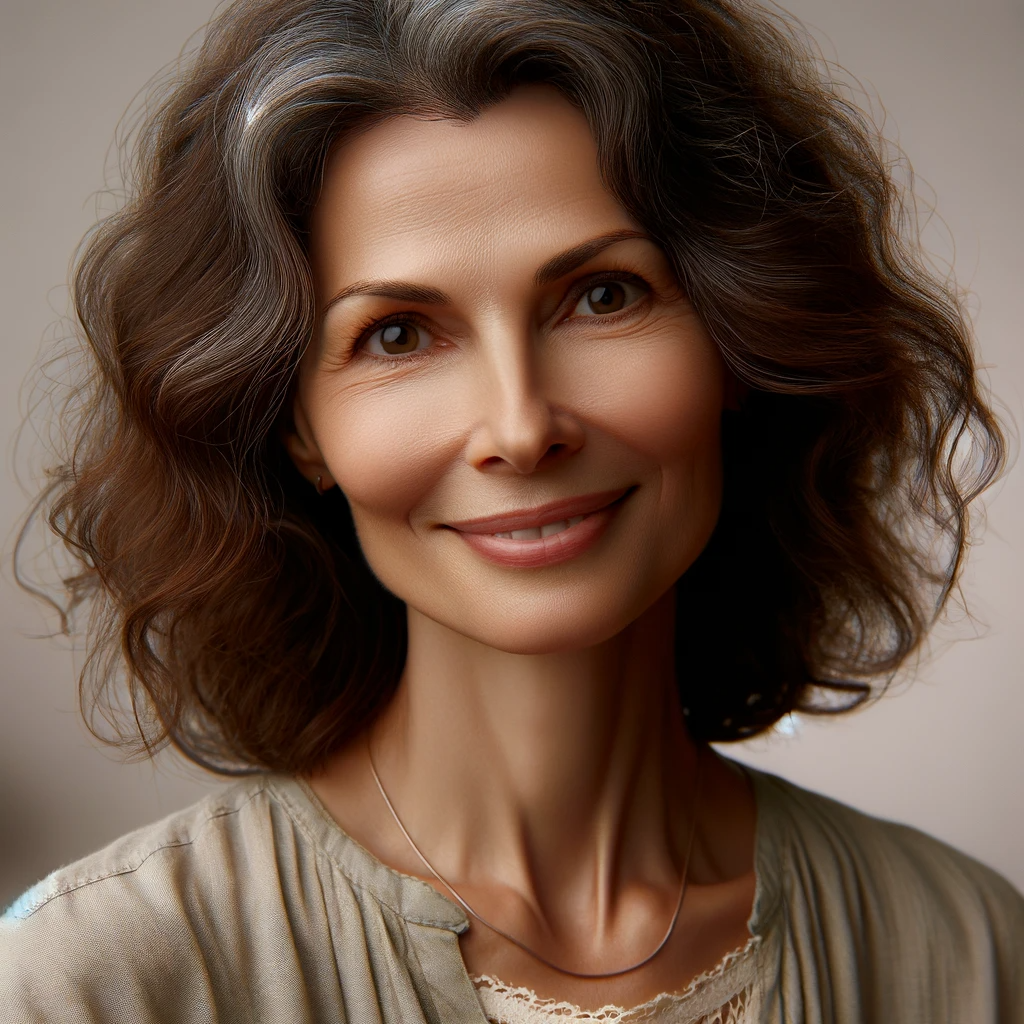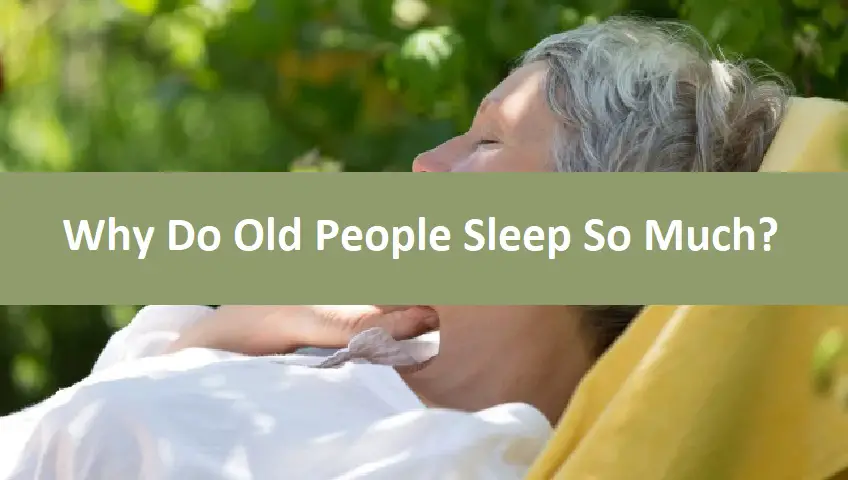Sleep is a crucial aspect of human life, providing the necessary rest and rejuvenation for our bodies and minds. As individuals age, it is common to notice that older adults tend to sleep more than their younger counterparts. While the exact reasons behind this phenomenon can vary from person to person, there are several factors that contribute to why old people sleep so much. In this article, we will explore ten potential reasons and delve into the details of each.
Why Do Old People Sleep So Much?
- Changes in Circadian Rhythms
One primary reason why older individuals sleep more is due to changes in their circadian rhythms. Circadian rhythms regulate the sleep-wake cycle, and as people age, these rhythms may become less synchronized. This can result in fragmented sleep, leading to daytime sleepiness and an increased need for napping or extended nighttime sleep.
- Hormonal Shifts
Aging is accompanied by changes in hormone production, including a decline in the secretion of growth hormone and melatonin. These hormones play a vital role in sleep regulation. Reduced levels of growth hormone can lead to decreased sleep quality, while lower melatonin levels can disrupt the natural sleep-wake cycle, making it harder to fall asleep and stay asleep.
- Increased Sleep Fragmentation
Older adults often experience increased sleep fragmentation, characterized by frequent awakenings during the night. Factors such as chronic pain, frequent bathroom visits due to an enlarged prostate or urinary incontinence, sleep apnea, or other medical conditions can interrupt sleep patterns. Consequently, older individuals may need to compensate for this fragmented sleep by sleeping more during the day.
- A Decline in Sleep Quality
As people age, they tend to experience a decline in sleep quality. This can be attributed to various factors, including changes in sleep architecture, such as reduced time spent in deep, restorative sleep stages, increased time spent in lighter stages of sleep, and a higher frequency of sleep disruptions. To counterbalance this decline, older adults may need to increase their total sleep duration.
- Medications and Side Effects
Many older individuals take multiple medications to manage chronic health conditions. Some of these medications can have sedative effects or disrupt the sleep-wake cycle. For example, certain medications used to treat hypertension or pain may cause drowsiness, leading to increased sleep duration. It is essential to consider the impact of medications when analyzing sleep patterns in older adults.
- Underlying Health Conditions
Older individuals are more likely to experience chronic health conditions that can affect sleep. Conditions such as arthritis, heart disease, respiratory disorders, or neurological conditions can cause discomfort, pain, or breathing difficulties, leading to sleep disruptions. The body’s need for additional rest to cope with these conditions can contribute to increased sleep duration.
- Cognitive Changes
Aging is associated with cognitive changes, including memory decline and reduced cognitive function. These changes can lead to increased mental and physical fatigue, requiring older adults to sleep more to compensate for the extra effort expended during daily activities. Additionally, cognitive changes may affect sleep quality, making it necessary for older individuals to spend more time in bed to achieve sufficient rest.
- Reduced Physical Activity
Older adults often experience a decrease in physical activity levels due to various factors, including mobility limitations or chronic pain. A sedentary lifestyle can result in lower energy expenditure, making older individuals feel more tired and prone to extended sleep periods. Engaging in regular physical activity can help alleviate this issue and promote better sleep quality.
- Psychological Factors
Stress, anxiety, and depression can disrupt sleep patterns, leading to increased sleep duration as the body tries to compensate for the emotional strain. It is essential for older individuals to address and manage these psychological factors to promote better sleep quality and overall well-being.
- Age-Related Changes in Sleep Regulation
As individuals age, there are natural changes in how our bodies regulate sleep. The amount of time spent in deep sleep decreases, and there is a tendency to experience more frequent awakenings during the night. These age-related changes in sleep architecture can result in older adults feeling less rested even after a full night’s sleep, prompting them to extend their sleep duration to compensate for this perceived lack of rest.
Key Takeaways
Older adults often require more sleep than younger individuals due to a combination of factors. Changes in circadian rhythms, hormonal shifts, increased sleep fragmentation, and a decline in sleep quality can all contribute to the need for extended sleep duration. Medications, underlying health conditions, cognitive changes, reduced physical activity, and psychological factors also play a significant role in influencing the sleep patterns of older individuals.
Understanding why older people sleep more is crucial in providing appropriate care and support for their well-being. Healthcare professionals and caregivers should consider these factors when assessing sleep patterns in older adults and work towards addressing any underlying issues that may affect sleep quality. Encouraging regular physical activity, managing medications, promoting stress reduction techniques, and creating a comfortable sleep environment can all contribute to improving the sleep habits of older individuals.
It is important to note that while it is common for older adults to sleep more, excessive sleepiness or sudden changes in sleep patterns should be discussed with a healthcare professional, as they may indicate underlying health concerns. With proper attention to sleep hygiene and addressing contributing factors, older individuals can achieve restful and rejuvenating sleep, ultimately enhancing their overall quality of life.

Morgan Elfman is a compassionate writer, dedicated caregiver, and passionate advocate for senior well-being. Born and raised with a deep sense of empathy and a natural inclination towards service, Morgan has devoted her life to making a positive impact on the lives of seniors.
As a writer for www.choiceseniorlife.com, Morgan utilizes his skills to create insightful and informative content that addresses the unique needs and challenges faced by seniors and their families. Her articles not only provide valuable information on health, lifestyle, and care options but also strive to inspire and empower seniors to lead fulfilling lives.
